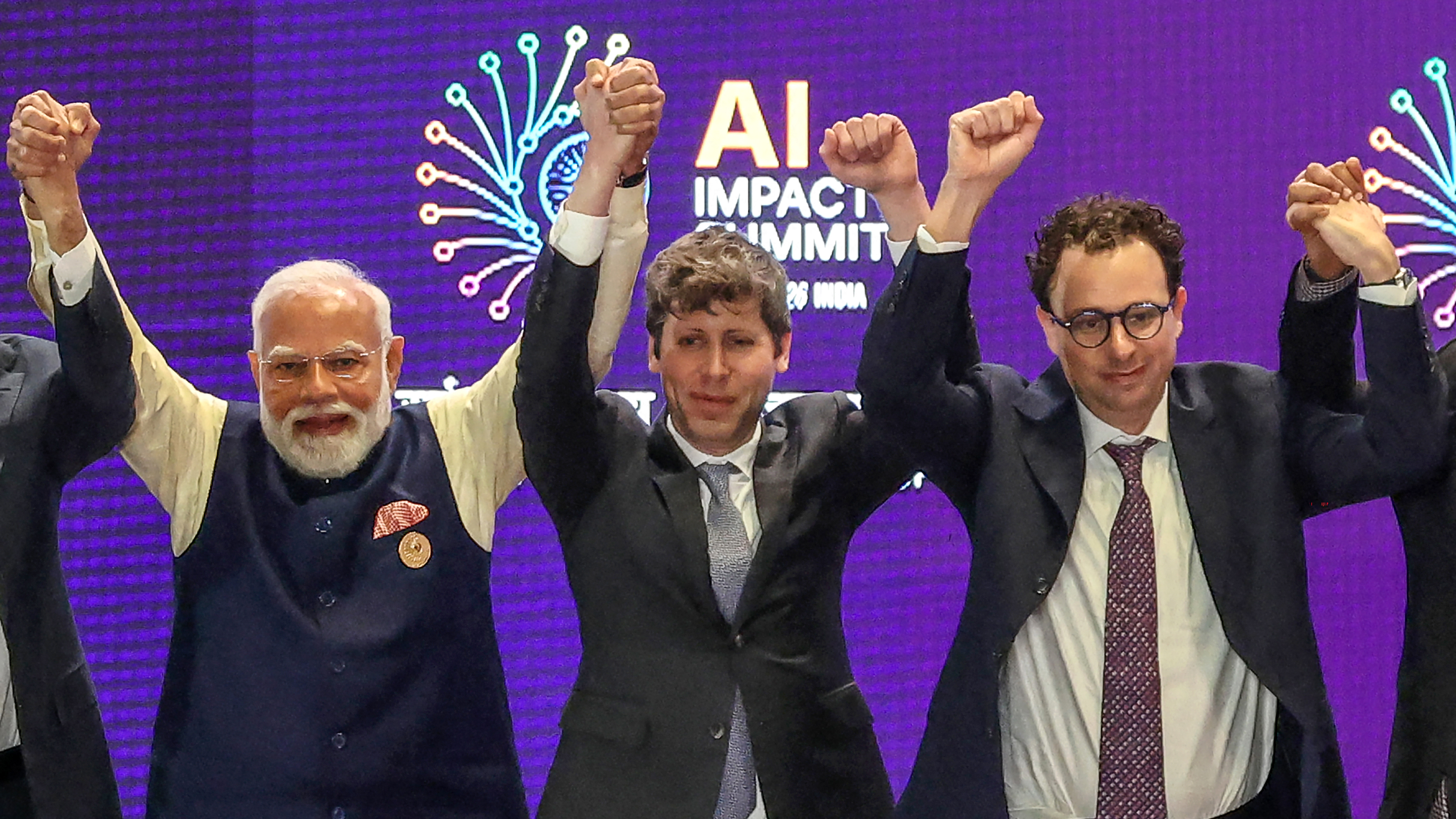Google Pixel 8 — 5 reasons to buy and 3 reasons to skip
Here's what we like about the Google Pixel 8 and what gives us pause
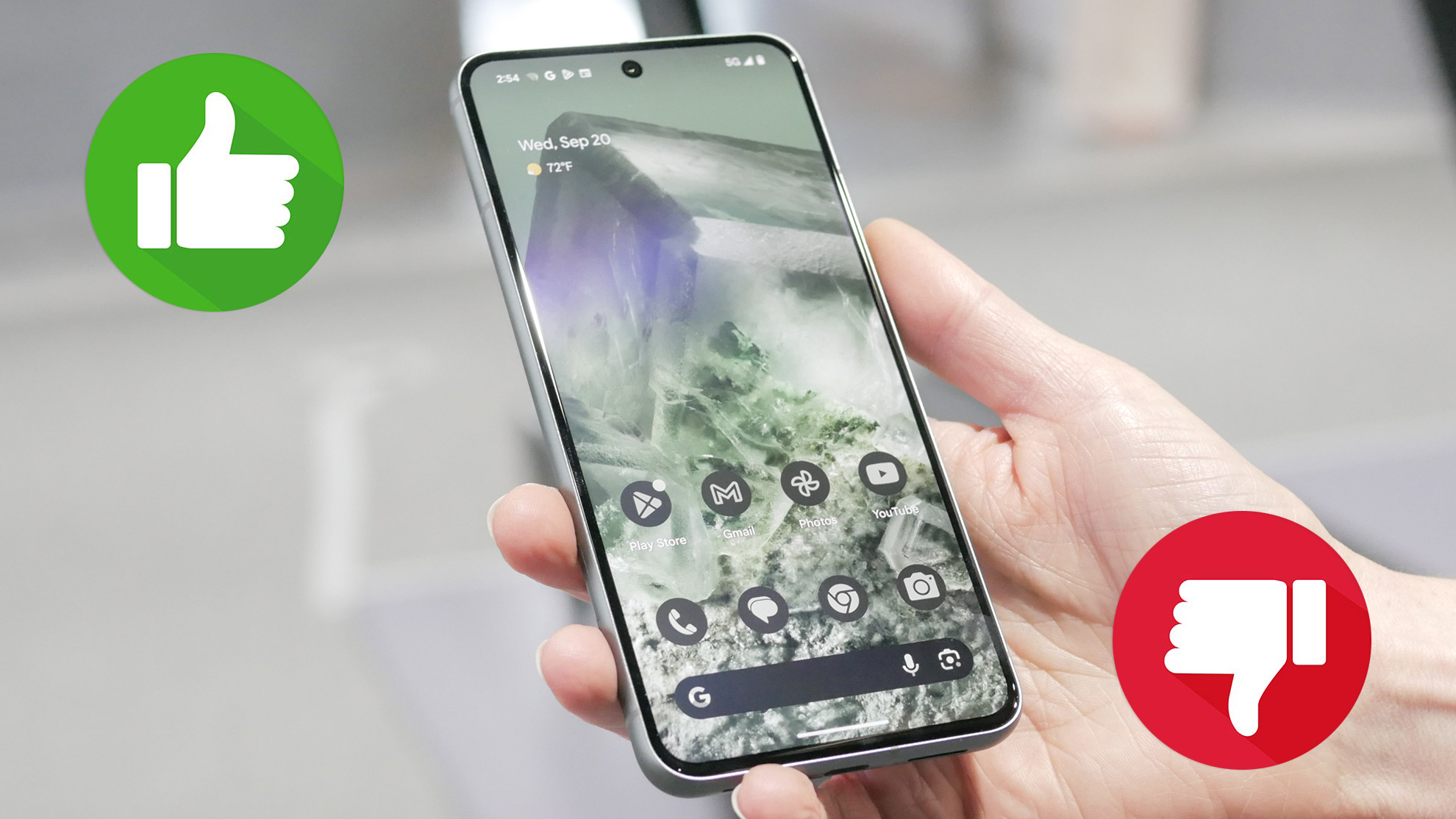
Here at Tom’s Guide our expert editors are committed to bringing you the best news, reviews and guides to help you stay informed and ahead of the curve!
You are now subscribed
Your newsletter sign-up was successful
Want to add more newsletters?

Daily (Mon-Sun)
Tom's Guide Daily
Sign up to get the latest updates on all of your favorite content! From cutting-edge tech news and the hottest streaming buzz to unbeatable deals on the best products and in-depth reviews, we’ve got you covered.

Weekly on Thursday
Tom's AI Guide
Be AI savvy with your weekly newsletter summing up all the biggest AI news you need to know. Plus, analysis from our AI editor and tips on how to use the latest AI tools!

Weekly on Friday
Tom's iGuide
Unlock the vast world of Apple news straight to your inbox. With coverage on everything from exciting product launches to essential software updates, this is your go-to source for the latest updates on all the best Apple content.

Weekly on Monday
Tom's Streaming Guide
Our weekly newsletter is expertly crafted to immerse you in the world of streaming. Stay updated on the latest releases and our top recommendations across your favorite streaming platforms.
Join the club
Get full access to premium articles, exclusive features and a growing list of member rewards.
The Google Pixel 8 may not have all the bells and whistles of the Pixel 8 Pro, but Google has made a pleasantly surprising number of upgrades to keep pace with the likes of the iPhone 15 and Galaxy S23.
As you‘ll see in our Pixel 8 hands-on review, the new Tensor G3 chip enables several impressive AI-powered features. And the volume of changes to the Pixel 8's photo processing capabilities make us eager to try out the device. Throw in some other improvements to the display and Google's improved software support policy, and the Pixel 8 looks to be quite an impressive candidate for our list of best phones.
Should it be your phone, though? While we certainly see plenty of attractive additions to the latest Pixel, there's one change — a higher price than the Pixel 7 — that's not very appealing at all. Combine that with some features that are missing in action, and we can understand if you wind up giving the Pixel 8 a pass.
If you're wondering whether you should take advantage of Pixel 8 preorders to claim your phone, here's a look at reasons to buy and skip this new Google handset.
Google Pixel 8: Reasons to buy
That super bright Actua display
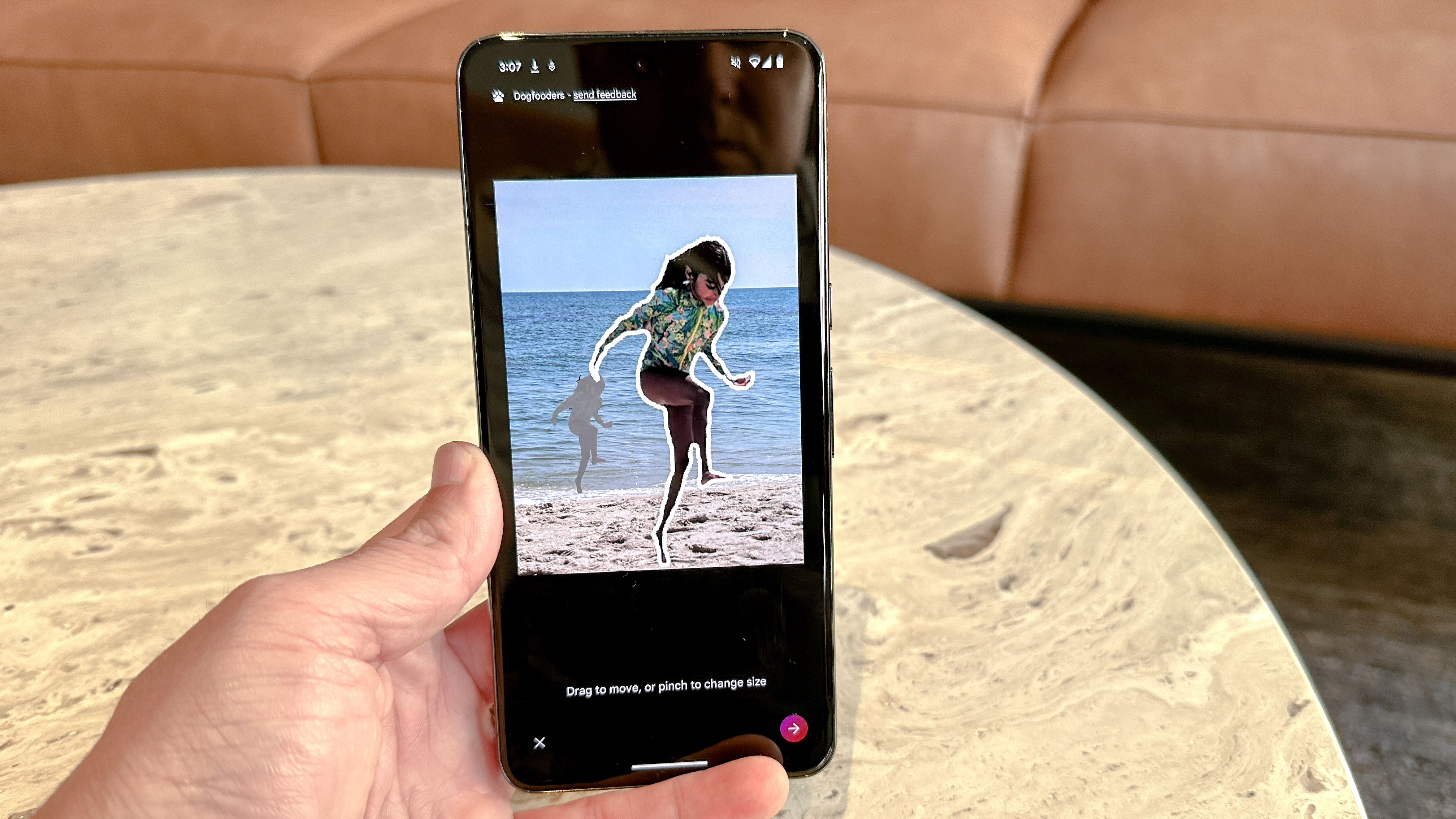
I don't know how you feel about Google shrinking the Pixel 8's display to 6.2 inches after giving the Pixel 7 a 6.3-inch screen. (Me, I think it makes Google's flagship feel more compact, and that's only a good thing for fans of small phones.) But I do know you're going to like the Acuna display Google now uses on the Pixel to make the screen much brighter.
How much brighter? We'll need to measure it with a light meter to confirm, but Google lists the Pixel 8's brightness for HDR content at 1,400 nits and its maximum brightness at 2,000 nits. That matches the iPhone 15's peak brightness and exceeds the 1,750 nits of peak brightness that the Galaxy S23 promises.
Even if the Pixel 8 doesn't reach that theoretical peak when we measure its screen, I'm pretty confident the display is going to be sufficiently bright, even when you're outside in direct sunlight. Believe that comes in handy when you're lining up a photo on a sunny day and you don't have to squint to see the controls on the view finder.
Get instant access to breaking news, the hottest reviews, great deals and helpful tips.
Camera features are smarter than ever
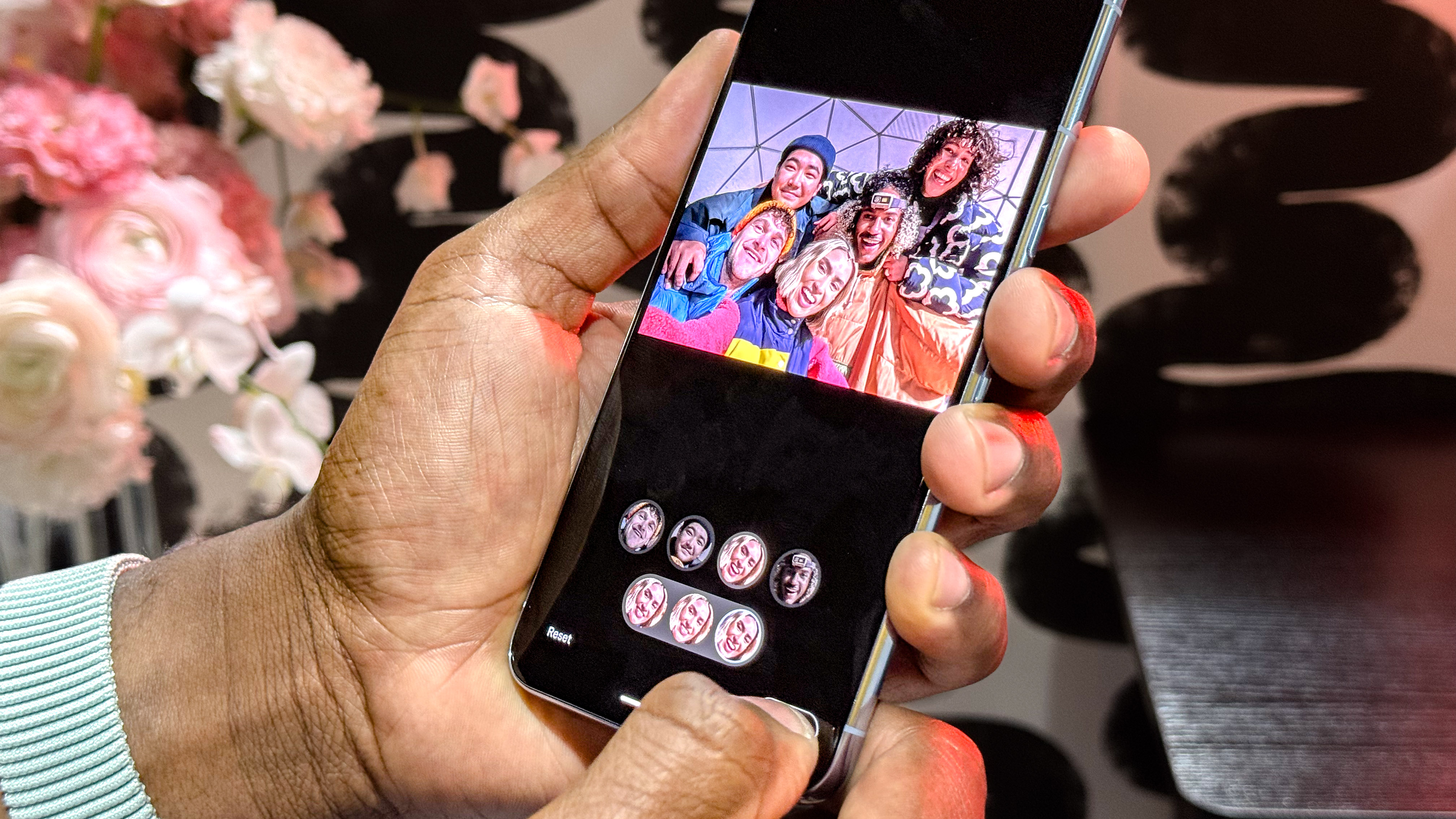
Google reserved the big camera hardware changes for the Pixel 8 Pro, though the main camera on the standard Pixel 8 benefits from a wider aperture while the ultrawide lens now offers macro photography capabilities. But the really impressive changes on board the Pixel 8's camera setup are software driven.
Say what you will about Magic Editor, the AI-powered photo-editing tool that lets you move around objects in a photo, adjust lighting and make other changes to wind up with the perfect picture — and I have to admit, it makes me uneasy — it's still an impressively powerful photo editing feature to carry around in the palm of your hand. The same goes for Best Take, where you can swap around faces from different group photos until everyone's looking their best.
As someone who's seen a lot of videos ruined by background noise, I'm particularly eager to try out Audio Magic Eraser. This feature separates audio on your video footage into different layers so that you can remove any distracting or unnecessary sound, like the bystander yammering next to you as you're trying to record your daughter singing.
Tensor G3's unique capabilities
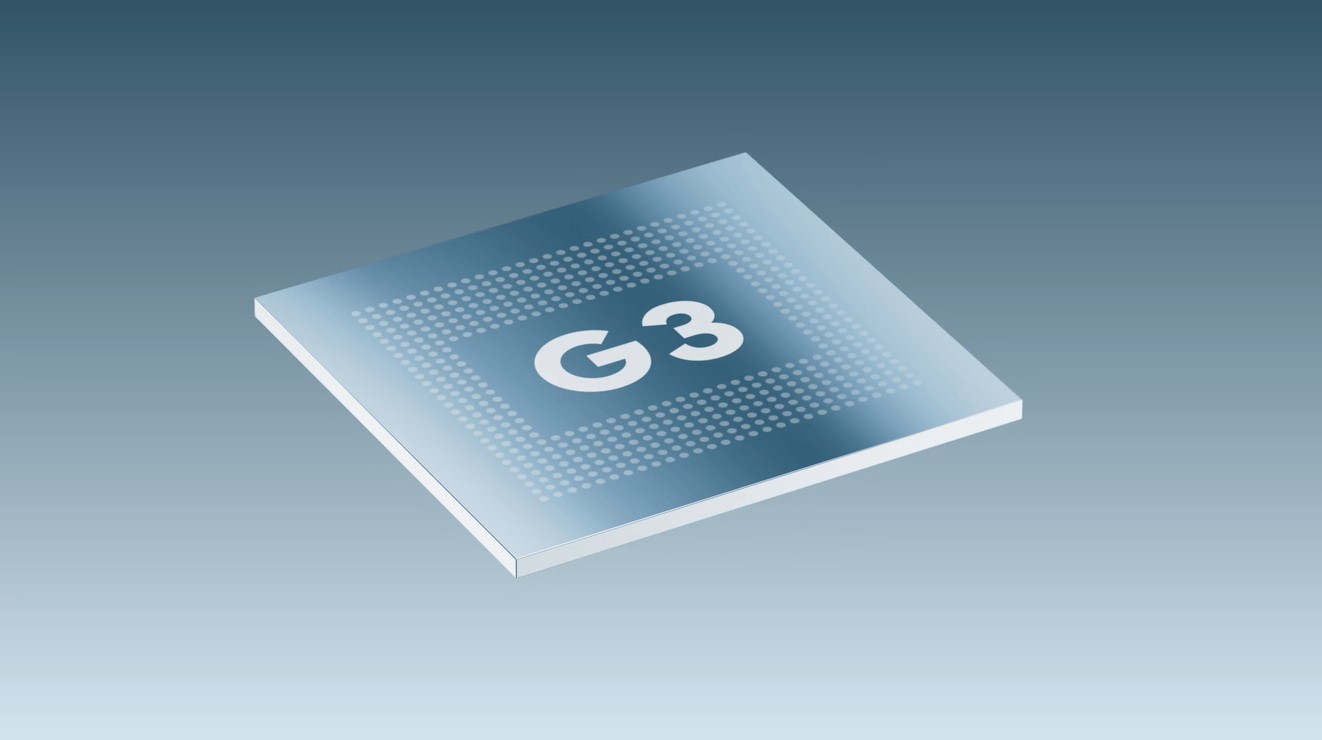
A lot of those photo features above are enabled by the new Tensor G3 chip powering the Pixel 8. According to Google, the latest silicon is capable of running twice as many on-device machine learning models as the first-generation Tensor in the Pixel 6. And that translates to a lot of cool software features you're only going to be able to get on the Pixel 8.
Google Assistant is now smart enough to summarize web pages you're on with bullet points, and you can even ask the assistant to read a web article back to you so that you're free to take your eyes off the Pixel 8's screen. (iOS 17 added that capability to Siri, but it sounds like it's much easier to launch on the Pixel 8.) Google even improved the call screen feature by making the voice that's screening your calls sound more life-like; it can also find out why someone's calling you and deliver that information on-screen.
And the changes should keep coming via software updates. In December, for example, Google plans to add a capability to the wonderful Recorder app that will be able to summarize your recorded meetings and lectures with the touch of a button. I don't know how the Tensor G3 is going to measure up to chipsets like the Snapdragon 8 Gen 2 in terms of performance. But on the AI-powered features front, it seems like there's no comparison.
More extensive software support
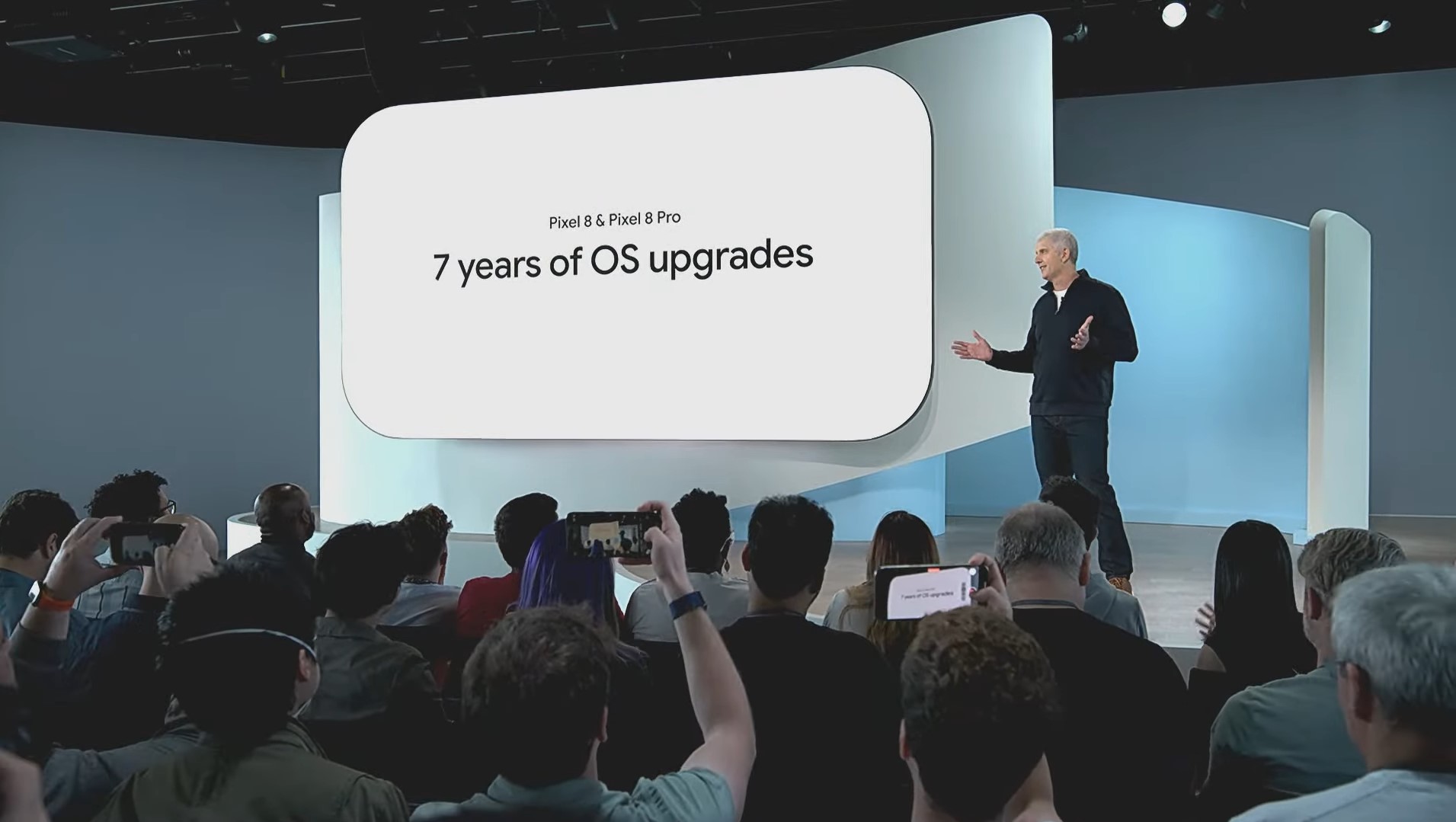
For years, I've been begging Google to offer more than just three guaranteed years of Android updates for its phones. Like Apple, Google controls the software and, in the case of Pixel devices, the hardware. Shouldn't its software support match what Apple does with the iPhone.
Well, the Pixel 8 still doesn't match Apple's iPhone support — instead, it beats Apple rather handily. Google's now promising seven years of Android updates and security patches for the Pixel 8; with an iPhone, you can typically expect five years before a new iOS version drops support for your particular phone.
Phone makers are taking a lot of time to talk about the sustainability of their products. Part of that means you should be able to use the products much longer if you want, and Google's new software support policy reflects that goal..
The Pixel 8 remains cheaper than the competition
Before we froth at the mout about the higher cost for the Pixel 8 — don't worry, we'll get there — let's keep one thing in mind — at $699, you're still paying less for this phone than you would for an iPhone 15 or Galaxy S23. Yes, the value would have been greater if Google had found a way to keep the Pixel 7's $599 starting price, but the value is still there with the Pixel 8.
Google Pixel 8: Reasons to skip
You're paying more than would have for last year's Pixel
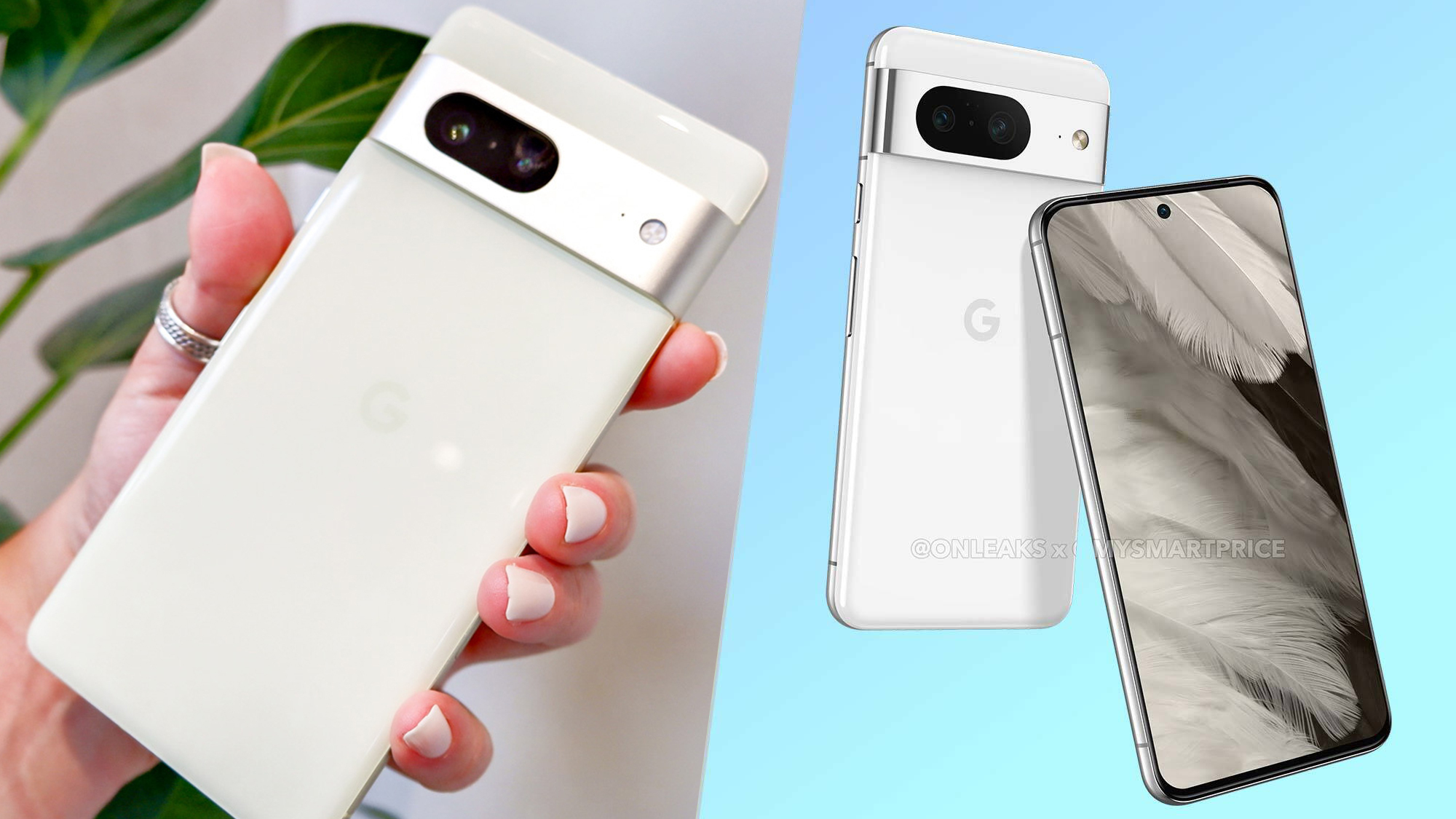
There's an unfortunately trend in the smartphone business right now where phone makers seems to be letting costs rise ever so steadily. You're paying =more for the iPhone 15 Pro than you would have for the comparable iPhone 14 model, for instance. And now you can say the same thing about Google's Pixel phone.
Yes, the cost of making smartphones is on the rise, too, and phone makers are at least packing more features into their devices as a way of taking the sting out of rising costs. But at a certain point, when the cost of everything seems to be rising, you have to wonder where it's going to end. And for some people, not paying an extra $100 for a device when there are some pretty impressive midrange phones available for less may seem like a good place to put their foot down on higher costs.
Still no zoom lens
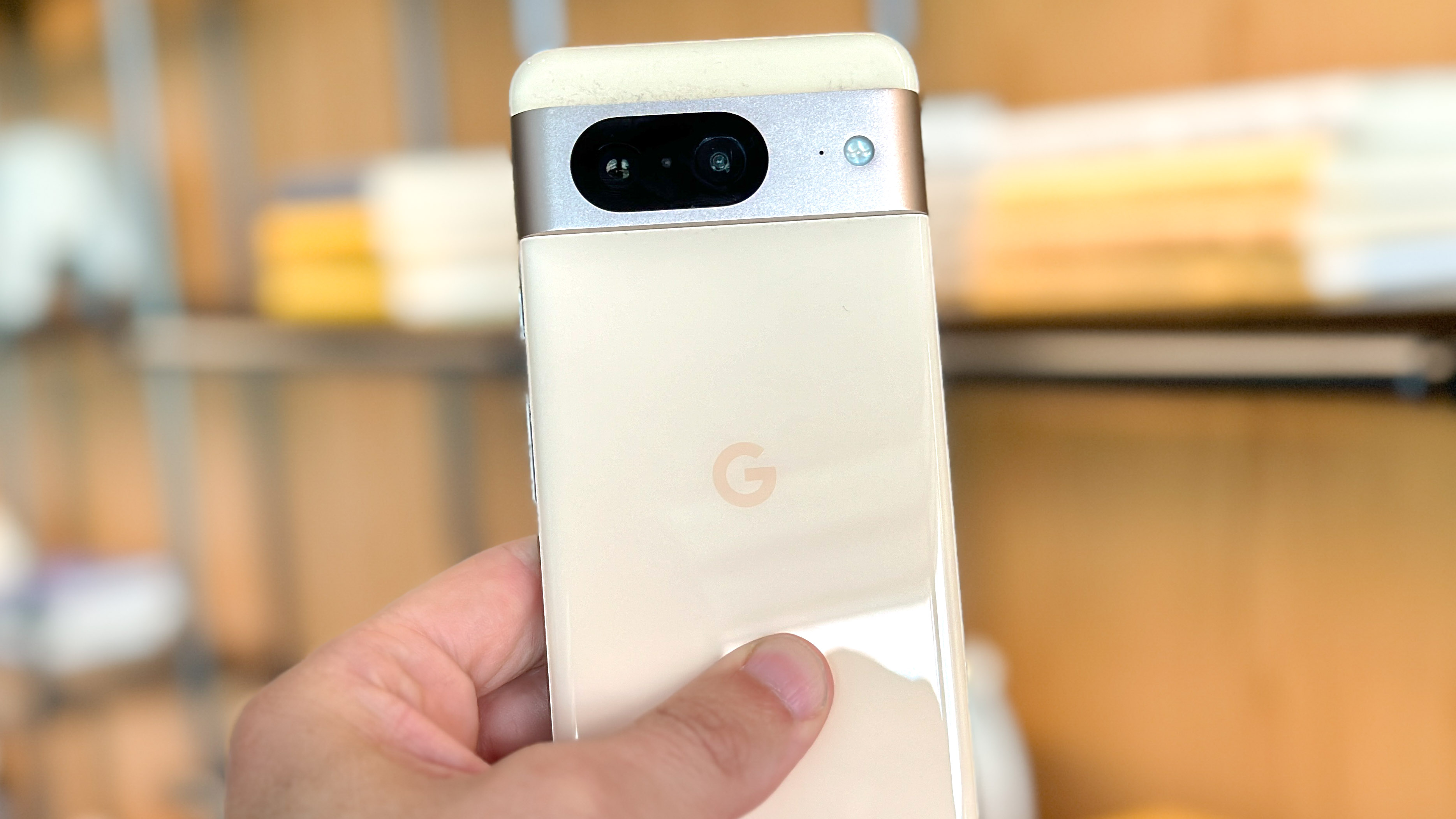
Despite all the camera improvements to the Pixel 8, if you want to zoom in on a subject, you're going to have to rely on a digital zoom and the photo-processing capabilities of Google's Super Res Zoom feature. A dedicated telephoto lens is limited to Google's more expensive Pixel 8 Pro.
We'd write that off as the cost of going for a less expensive smartphone, only the Pixel 8 isn't as less expensive as it used to be. It's getting close in price to the Galaxy S23, and Samsung manages to equip its entry-level smartphone with a telephoto camera.
We're still not sure about battery life
We reserve the right to shift this mark against the Pixel 8 into the positive category should our testing reveal a big jump in battery life over the Pixel 7. But we're going to need time to put the new phone through our battery test first, and until that happens, we have to assume that the latest Pixel continues the trend of recent Google flagships of failing to hold out for a long time on a charge.
The Pixel 8 could make us eat our words, as it does offer a larger battery than the power pack inside the Pixel 7. And it could turn out that the Tensor G3 handles power much more efficiently than previous Tensor silicon. But the fact that Google didn't explicitly tout the long-lasting characteristics of its new phone has us a little suspicious that recent history could repeat itself when we run our battery test on the Pixel 8.
Google Pixel 8 outlook
If you're a fan of Google phones and you've been holding off for an upgrade, there's certainly enough marks in the Pixel 8's favor to justify jumping on one of those preorder deals. But if concerns about performance and battery life are at the front of your mind, it may be worth waiting until we've had more time beyond our Pixel 8 hands-on to more thoroughly evaluate this phone.
More from Tom's Guide
- Google Pixel 8 Pro hands-on
- Google Pixel 8 vs. Pixel 8 Pro: Biggest differences
- Google Pixel Buds Pro just got a huge upgrade with Bluetooth Super Wide Band
Philip Michaels is a Managing Editor at Tom's Guide. He's been covering personal technology since 1999 and was in the building when Steve Jobs showed off the iPhone for the first time. He's been evaluating smartphones since that first iPhone debuted in 2007, and he's been following phone carriers and smartphone plans since 2015. He has strong opinions about Apple, the Oakland Athletics, old movies and proper butchery techniques. Follow him at @PhilipMichaels.
 Club Benefits
Club Benefits











